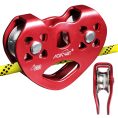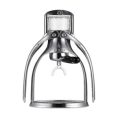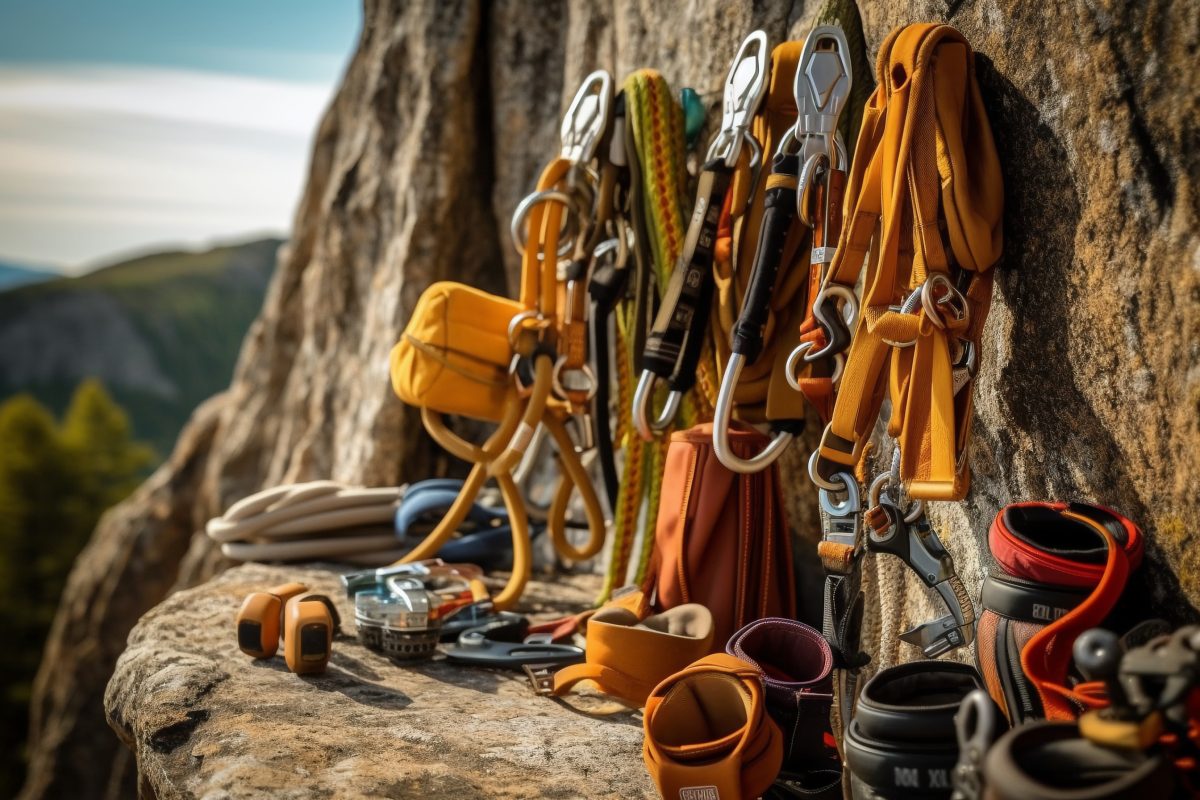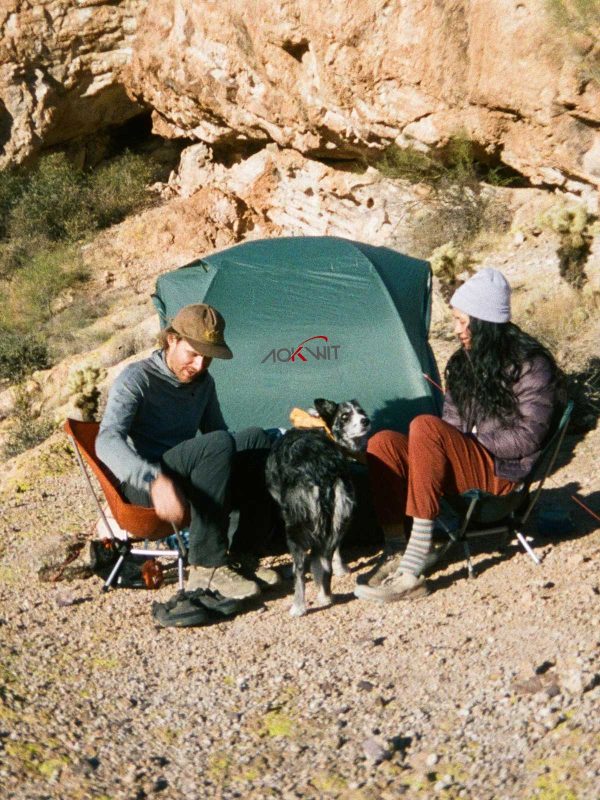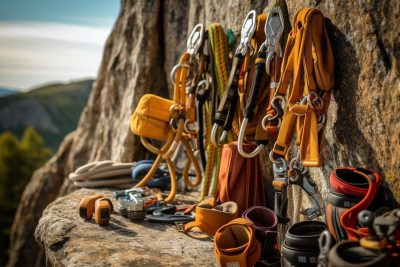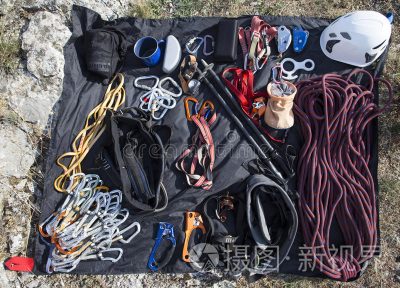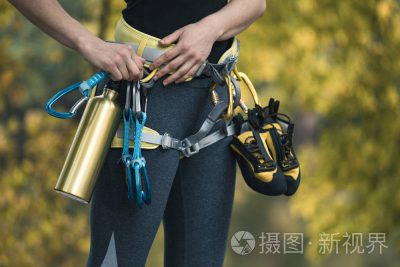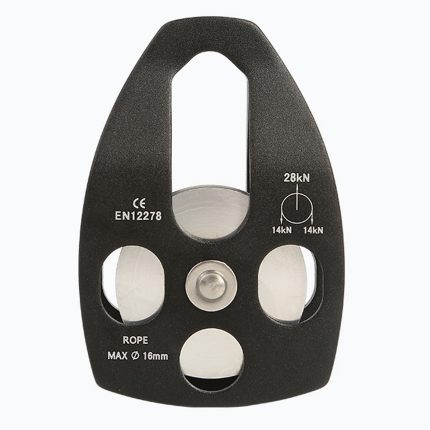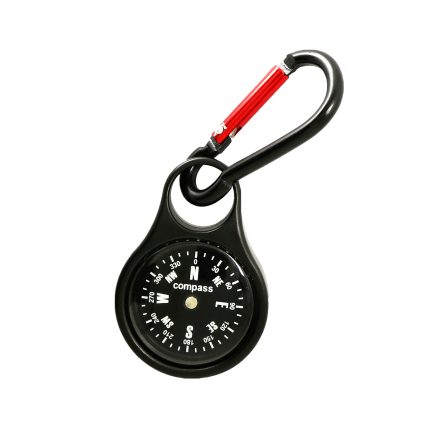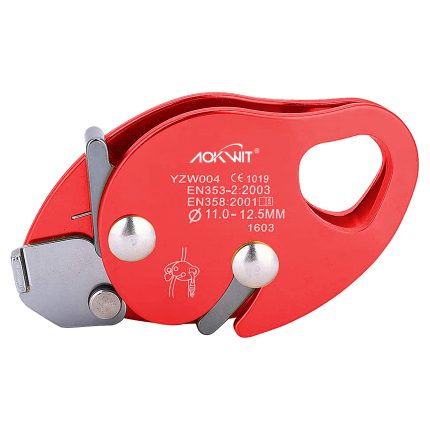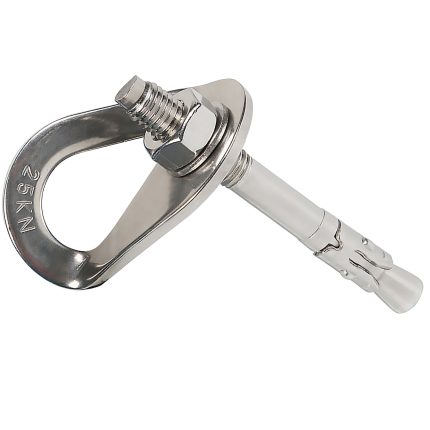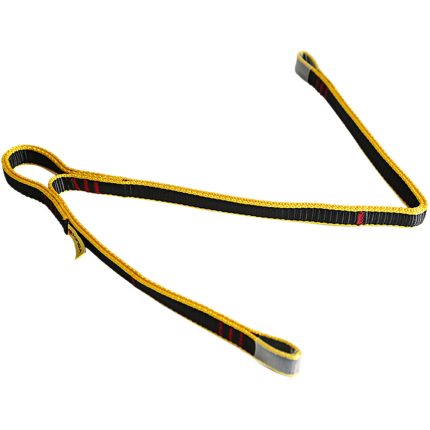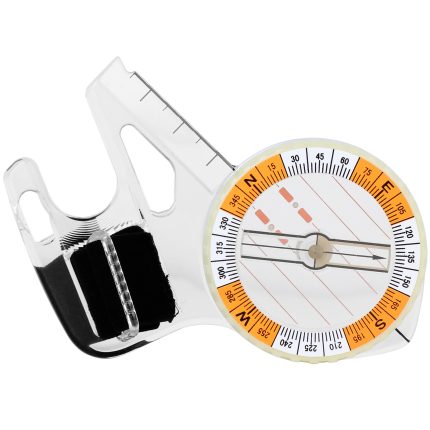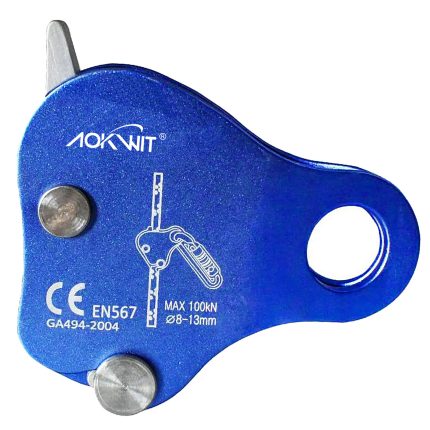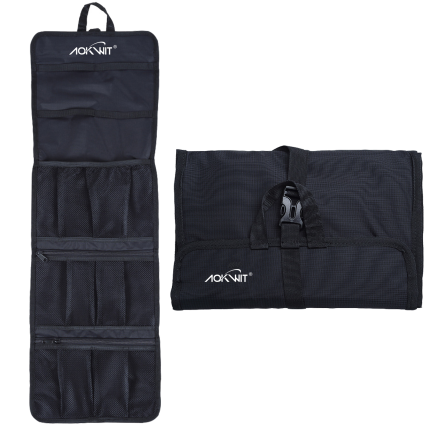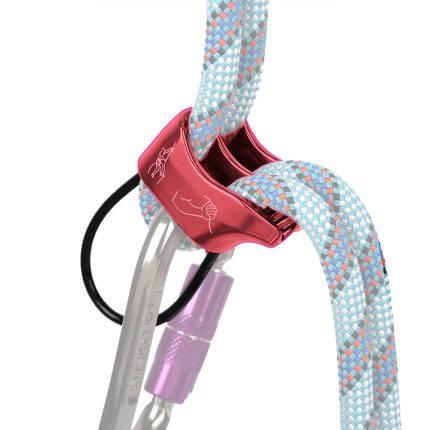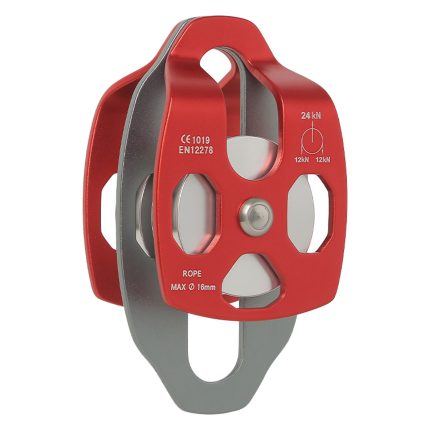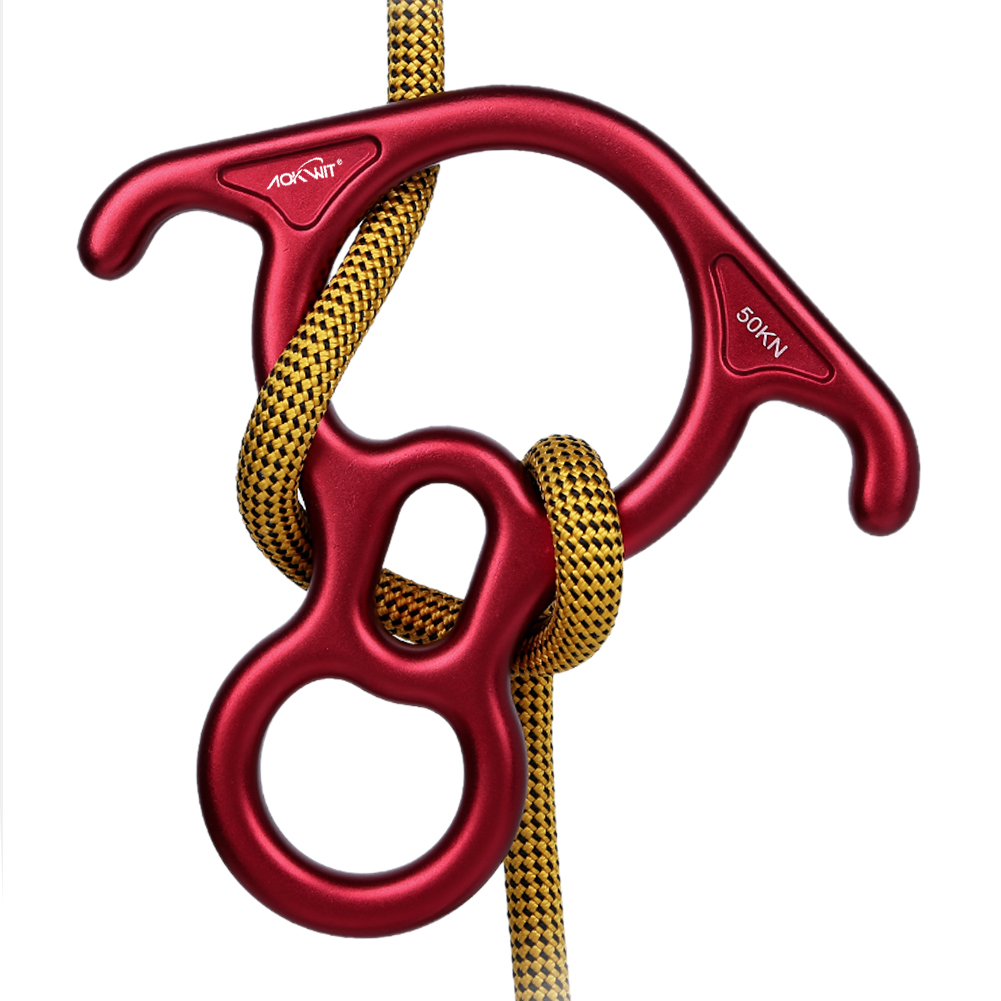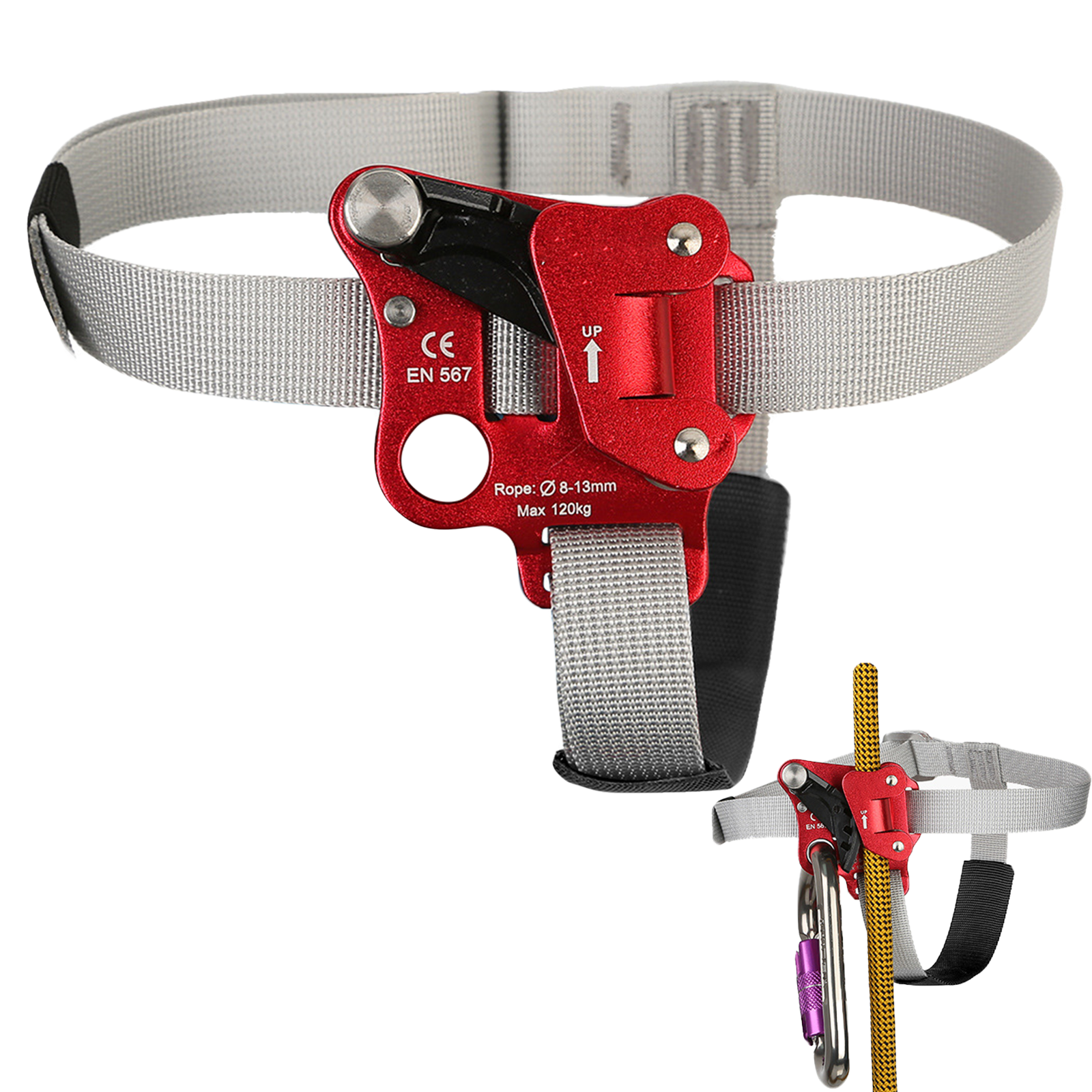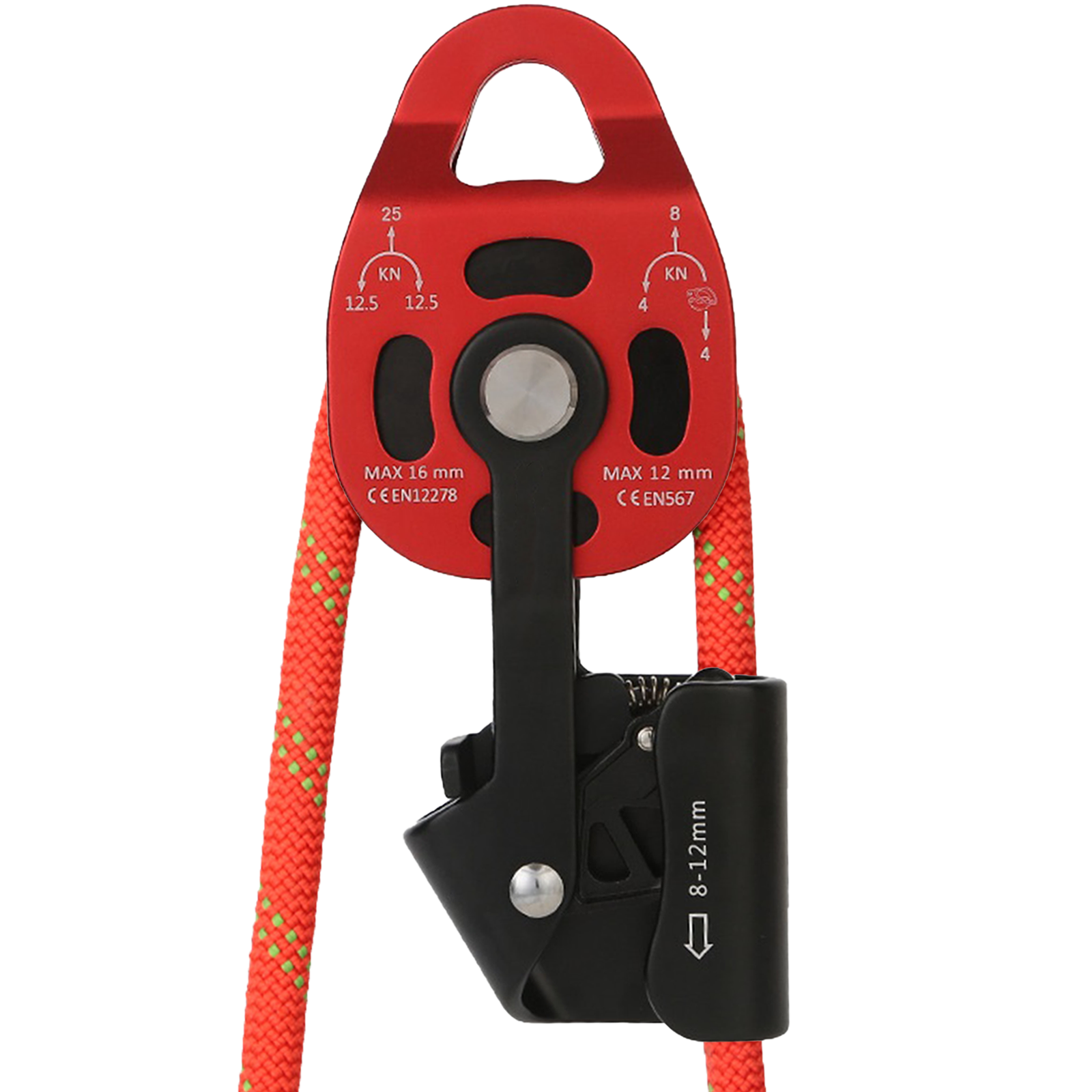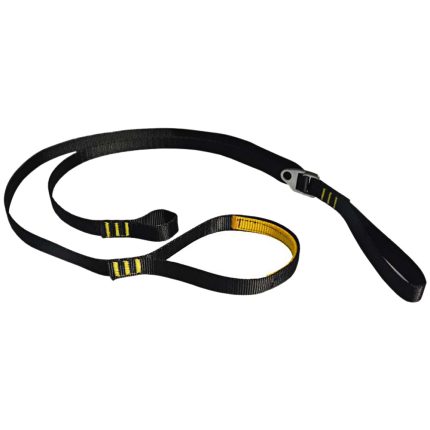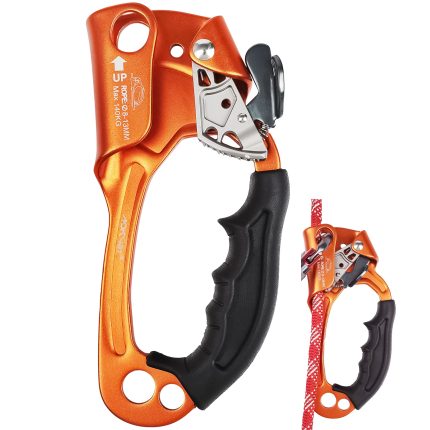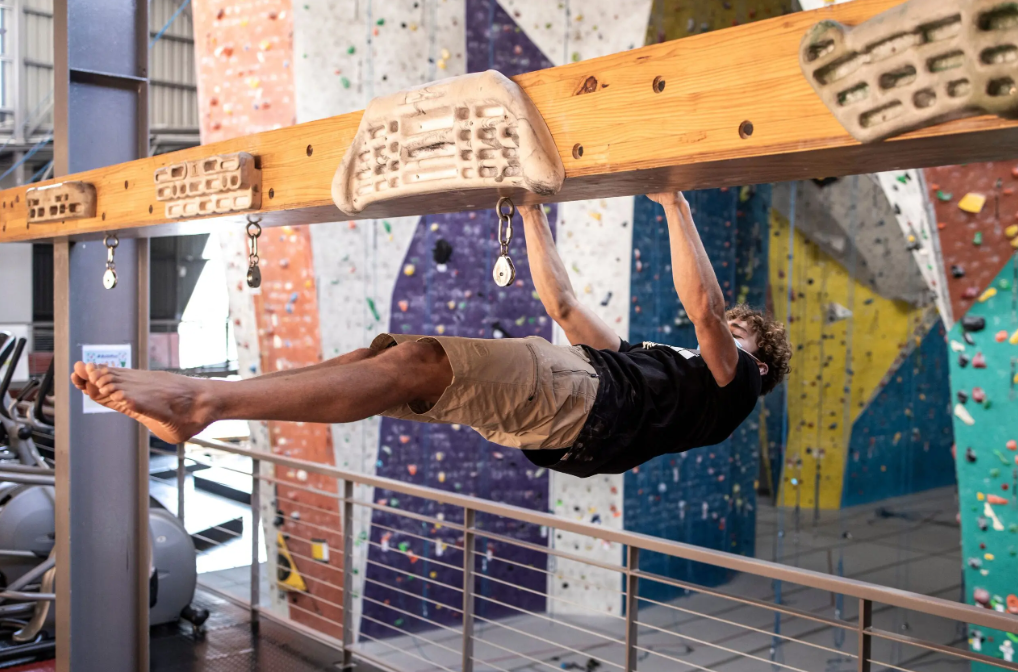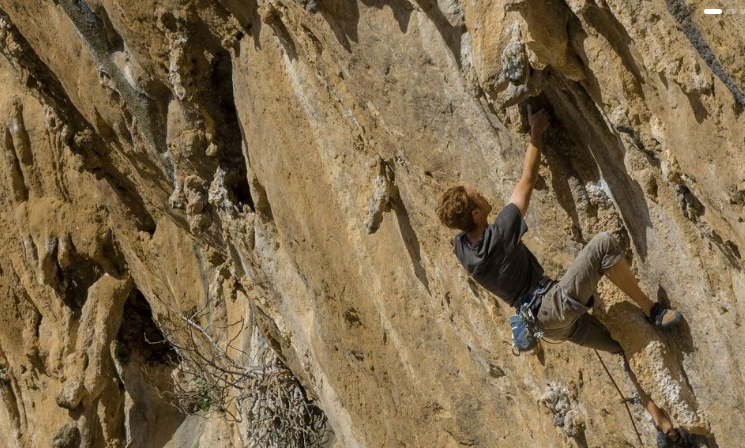Nutrition Optimization Guide for Rock Climbing: 5 Strategies to Enhance Performance & Health

As a counter-gravity sport, rock climbing places high demands on an athlete’s physical fitness and nutritional status.
Whether a beginner or an elite climber, proper nutritional intake is crucial for optimizing training effects, enhancing performance, and maintaining long-term health.
The following are five scientifically-based nutritional guidelines for rock climbers, designed to help systematically plan diets and fully realize athletic potential.
1. Avoid Energy Deficiency, Prevent Performance Limitations and Health Risks
In gravity-dependent sports like climbing, weight control is often overemphasized. However, chronic energy deficiency severely impacts athletic performance and physiological function.
The body requires sufficient daily energy intake to sustain the Basal Metabolic Rate (BMR) as well as daily activities and training expenditure.
If the energy remaining after exercise is insufficient to support basic physiological functions, this state of Low Energy Availability (LEA) can trigger Relative Energy Deficiency in Sport (REDs), leading to a series of health and performance issues such as hormonal imbalances, decreased bone density, and delayed recovery.
Therefore, climbers should prioritize adequate energy intake and avoid compromising training adaptation and long-term health through improper weight loss practices.
2. Scientifically Schedule Training Nutrition to Promote Recovery and Adaptation
Training applies a stimulative load to the body, and nutrition plays a supporting and transformative role in this process.
Reasonable nutritional strategies can enhance training effects, promote the body’s adaptation to training loads, and thereby improve climbing performance.
Specific implementation suggestions are as follows:
- Pre-Training (Approx. 45-60 minutes before): Consume approximately 25-30 grams of protein and at least 60 grams of carbohydrates. Choose easily digestible carbohydrate sources such as rice, oats, fruit, baked potatoes, or bagels.
- During Training (If session duration exceeds 1 hour): Supplement with at least 30 grams of easily digestible carbohydrates per hour, such as bananas, figs, energy bars, or sports drinks.
- Post-Training (Immediately): Ingest at least 25-30 grams of protein and 60 grams of carbohydrates. Prioritize nutrient-dense whole foods like animal/plant proteins, whole grains, and fruits/vegetables. If a full meal isn’t possible immediately, prepare portable foods to support timely recovery.
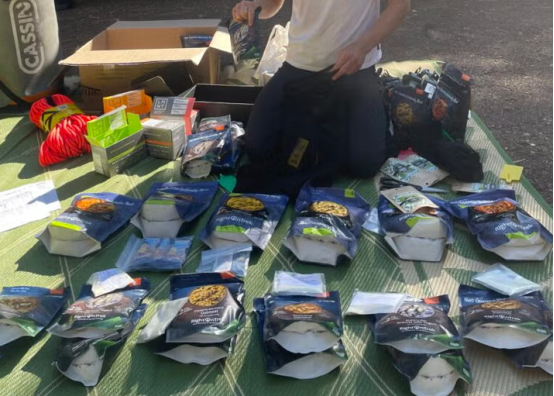
3. Rationally Plan Nutrition on Climbing Days to Maintain Sustained Energy Supply
Climbers often face the challenge of balancing energy replenishment against digestive burden during outdoor climbing.
A scientific fueling strategy helps maintain physical stamina and avoids performance impacts from hunger or fullness:
- Consume a balanced breakfast including protein and complex carbohydrates before departure, and hydrate adequately in advance.
- If a long hike to the crag is required, consume a high-carbohydrate, low-fat, low-fiber snack before climbing or during warm-up, such as oatmeal, fruit, or yogurt.
- Replenish energy promptly between attempts on projects, allowing digestion to occur during rest and belaying periods to store available energy for the next climb.
4. Fuel Proactively for Multi-Pitch Routes and Long Climbing Sessions
During multi-pitch or big wall climbs, climbers often neglect timely fueling due to being occupied with operations. Adopting a proactive nutritional strategy is recommended to prevent energy depletion:
- Fuel and hydrate sufficiently in advance, the night before and on the morning of the climb.
- Prepare foods that are easy to carry, consume, and are non-perishable, ensuring they suit personal taste and digestive habits.
- Store snacks in easily accessible locations (e.g., outer backpack pockets, climbing pants pockets, or a dedicated snack pack) for quick intake during operational breaks.
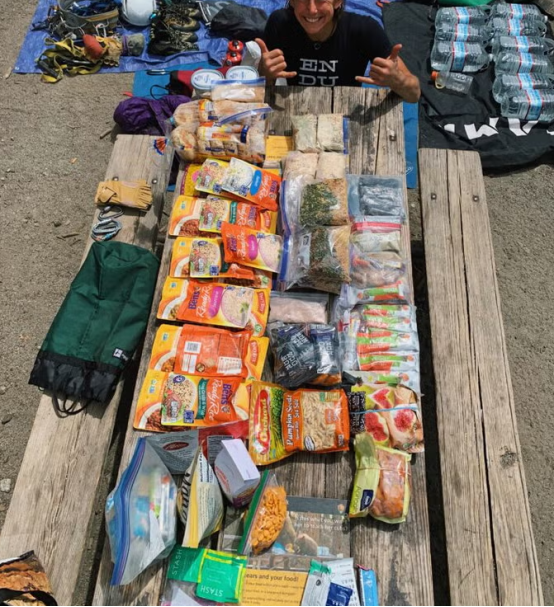
5. Strategically Manage Body Weight for Performance Optimization
Many climbers mistakenly believe that maintaining the lowest possible weight year-round enhances performance.
However, chronic low energy status limits the development of strength, power, and endurance.
Adopting a phased management strategy differentiating “training weight” from “performance weight” is recommended:
- Maintain a weight slightly above your minimum during training phases, focusing on nutritional support to promote recovery, reduce injury risk, and optimize bodily function.
- Before important competitions or project periods, strategically and controllably reduce a small amount of weight (e.g., ~2% of total body weight), but this must be done under professional guidance, ensuring training nutrition is not compromised during the reduction phase.
- This weight loss process should be short-term, planned, and completed before the performance phase. It should be executed a maximum of twice per year, for a few weeks each time, followed by a return to regular nutritional support to rebuild energy reserves.
By systematically implementing the nutritional strategies outlined above, climbers can effectively enhance training quality and athletic performance based on a foundation of safeguarded health, achieving long-term, sustainable progress.
